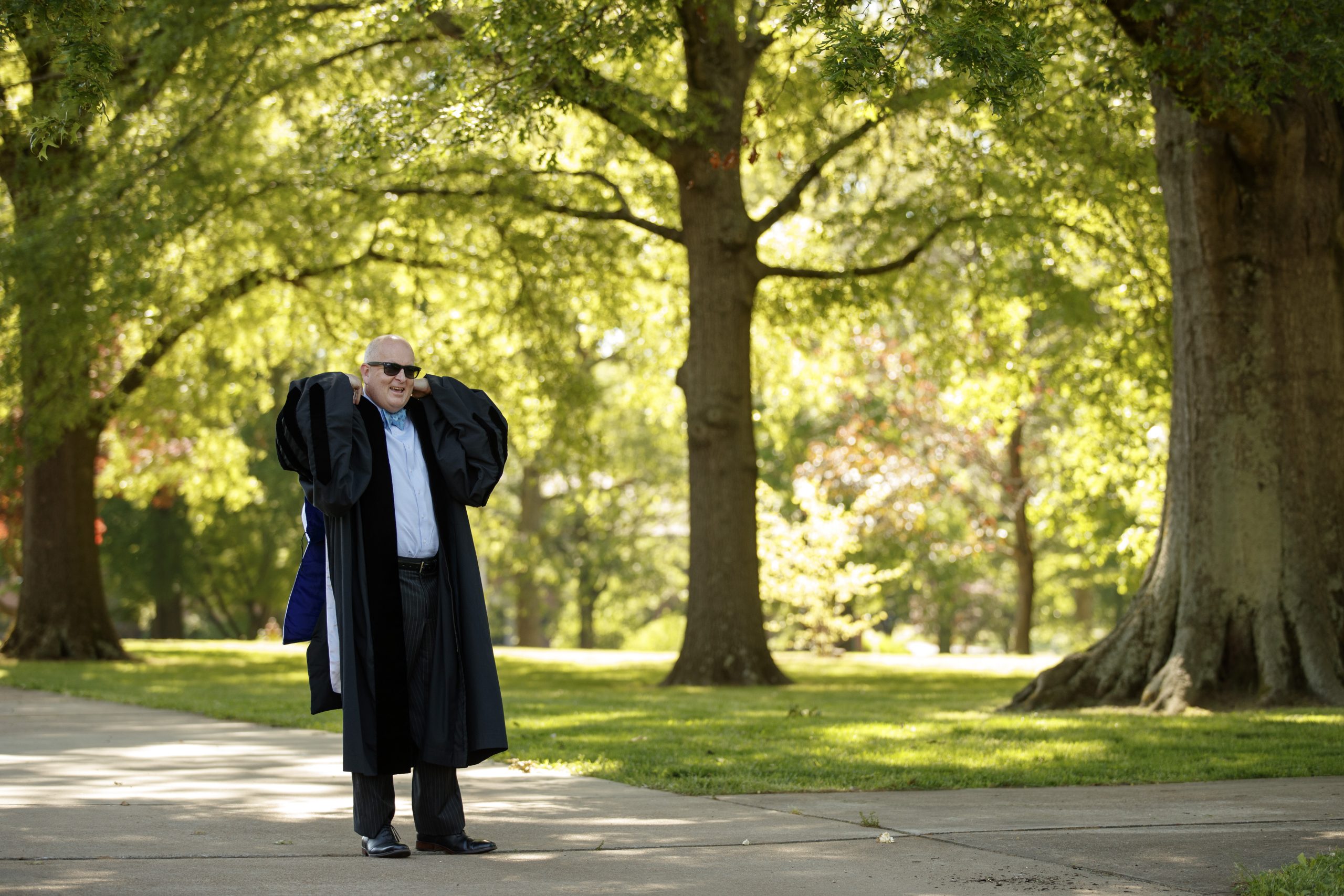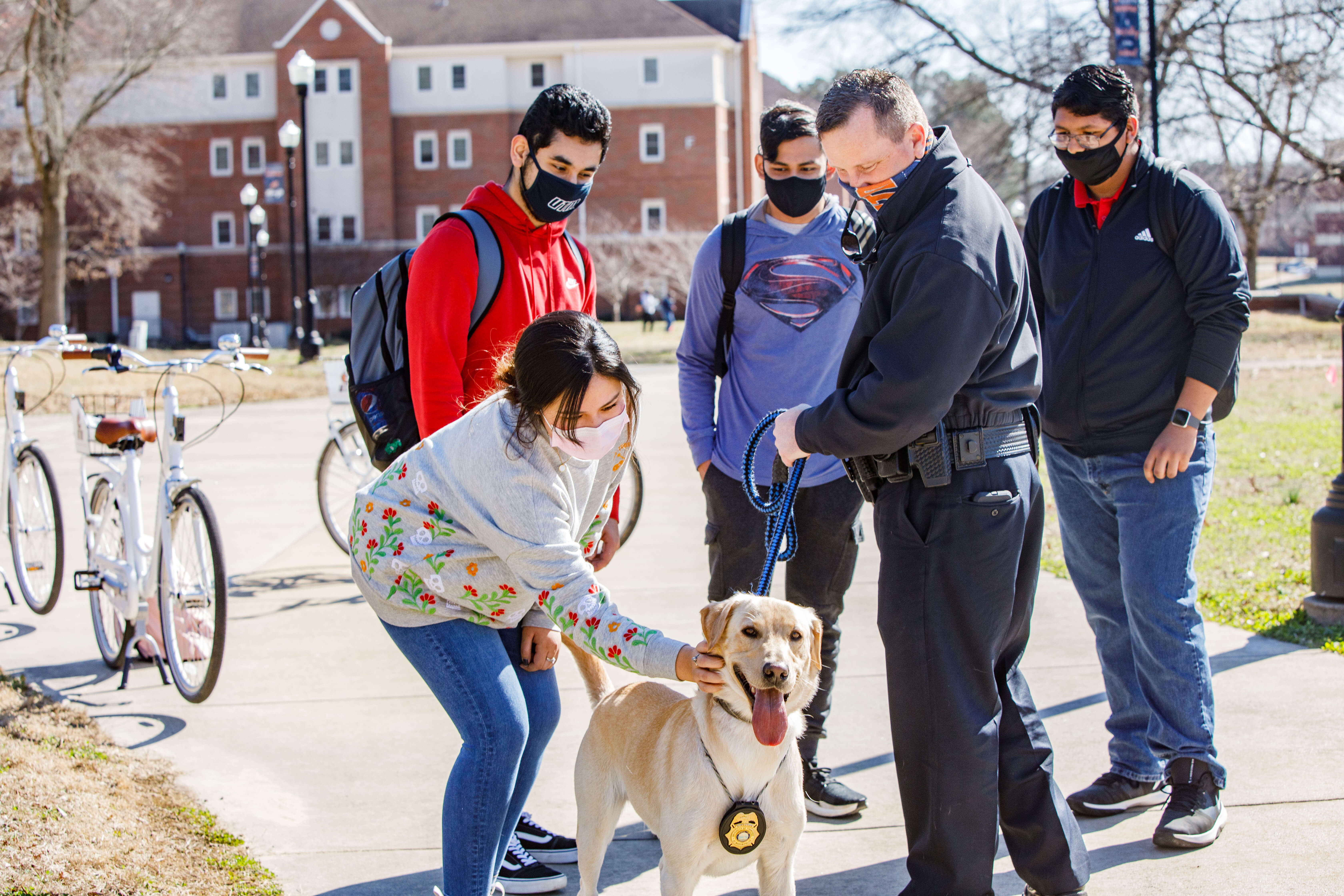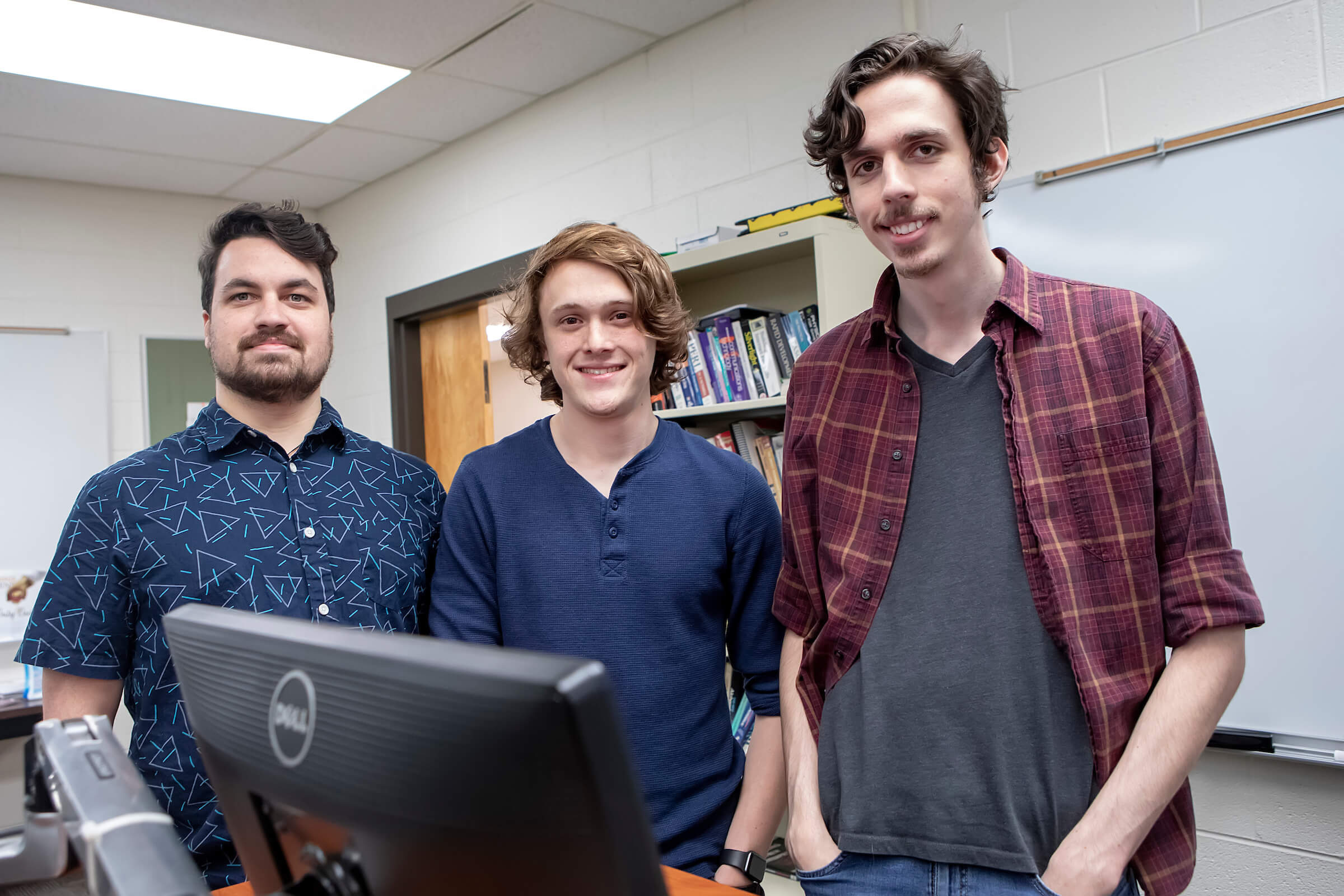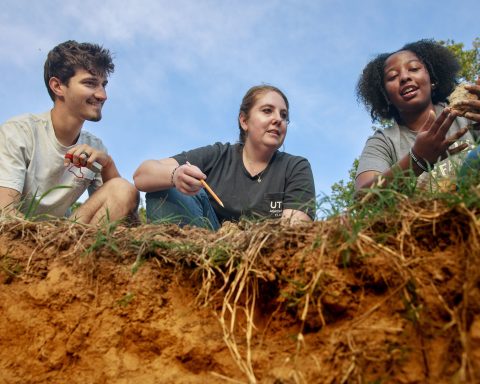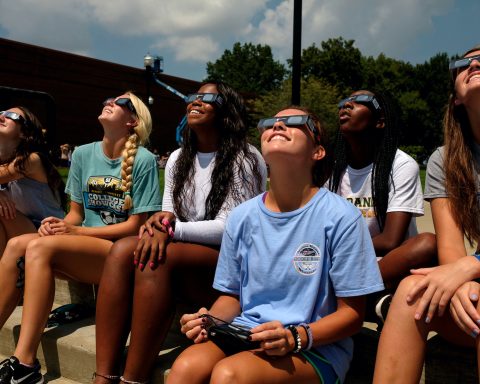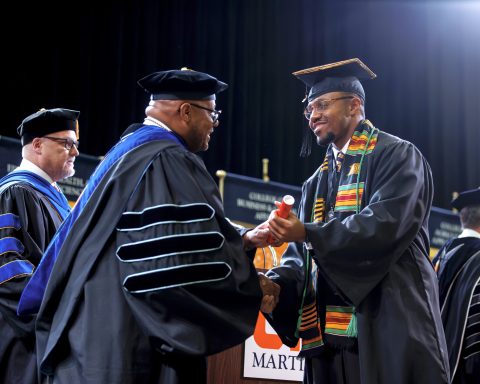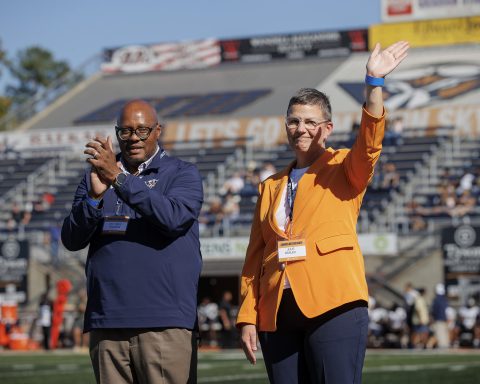According to a recent study by the American Council on Education, 74 percent of presidents at public, four-year institutions frequently hear about students on their campuses who have mental health issues. However, 50 percent of these same presidents stated they do not have the tools they need to address mental health concerns.
The University of Tennessee System responded to this mental health crisis by igniting action around the issue at the 2019 Academic and Student Affairs Summit: Building a Unified Mental Health Culture, held Nov. 22 in Nashville.
More than 100 people from across the UT System, as well as state higher education professionals, gathered to discuss ways to improve mental health and wellness for all UT students and share resources to help de-stigmatize mental illness.
“By coming together for events such as this, we hope to remove silos that exist between academic affairs and student life, develop new skills from mental health professionals within our system and learn from current students about their experiences accessing mental health resources. I hope we can all leave the meeting today with a greater sense of direction and purpose to help us address student well-being more effectively,” said Leigh Cherry, UT System coordinator for student success initiatives.
For David Arnold, National Association of Student Personnel Administrators assistant vice president for health, safety and well-being initiatives, addressing mental health begins by building a strong community of health and well-being at institutions of higher education.
“There is a connection between students’ educational outcomes and their positive health outcomes,” Arnold said in his keynote address. “It is our job to make it known that while we are making a healthy community, we also need to make an educated community.”
Students turn to behavioral coping when dealing with mental health struggles, Arnold said. This way of coping can be comprised of high-risk alcohol use, prescription stimulant medication misuse, poor sleep, poor diet, lack of physical activity and social isolation.
Arnold stated that about one in five college students engage in frequent binge-drinking episodes, while more than 60 percent of students report poor sleep, which directly affects their emotional and academic stress.
According to a Gallup comprehensive study of people in more than 150 countries, there are five essential elements in a person’s well-being: finding a purpose in achieving goals, managing a secure financial life, having good physical health, having supportive relationships and feeling safe in a community.
“Individuals are crafted by the community in which they are involved,” Arnold said. “We need to pivot from how we can serve the individual to how the environment can serve the individual.”
As part of the Imperative for Prevention workshop, leaders from each campus in the UT System touched on how their campus is striving to creating this type of community. The workshop was hosted by the UT Health Science Center’s Lori Gonzalez, vice chancellor for academic, faculty and student affairs, and Kathy Gibbs, assistant vice chancellor for student academic support services and inclusion.
The UT Institute of Agriculture has established “VOLidays” events, which were created to help students “de-stress” before finals. These events include movie showings, holiday activities, food and more.
UT Chattanooga leaders highlighted its Case Assessment, Review and Evaluation (CARE) Team, which has a mission to provide proactive and supportive prevention, assessment, intervention and management for situations that would compromise the safety and well-being of its community.
A UT Martin faculty member also emphasized the importance of its CARE team, whose members attend all of the college’s meetings at the beginning of the academic year to share about mental health services available to students. “This helps me destigmatize mental health,” said John Oelrich, UT Martin director of bands. “Just because you don’t physically see the symptoms of mental health struggles doesn’t mean it isn’t real. It’s important for faculty to model this to our students as they often look to us as how it should be.”
UT Health Science Center staff mentioned their event titled the “Warrior Within,” which allows healthcare professionals and leaders to share their experience handling the demands of health sciences while pursuing academic success. “As important as it is to care for those struggling with mental health issues, it is just as important to care for the frontline caregivers,” Gibbs said. “This event is just one of the ways in which we achieve that.”
Student representatives from each UT campus sat on a student panel and discussed mental health challenges that college students face.
Amelia Thompson, a second-year pharmacy student at the UT Health Science Center, spoke about the constant stress she is under in graduate school.
“Every waking moment I’m studying something. There is a constant flow of information into my brain,” Thompson said. “I visit the student academic support services and inclusion office weekly for counseling sessions. Mental health isn’t like a cold – you don’t just treat the symptoms and be done with it. It’s something that you need to constantly work on.”
Mary Carr, a senior at UT Knoxville, would like adults on campus to switch to a more empathy-focused model.
“I wished more professors were crisis-trained and showed how much they care about their students’ mental health,” Carr said. “Follow up with us and see how we’re doing.”
UT Martin sophomore Ray Washington continued the conversation by asking adults on campus to understand that not everyone expresses their mental health struggles the same way.
“Students will try to get your attention in different ways. Some might come and talk a lot, while others might just come to you and sit in silence,” Washington said. “No matter how they come, value when that student comes to you because it means that they trust you.”
Thompson also mentioned how much a professor can impact a student’s mental health.
“If we know our professors value their life, time and families, it gives this idea that we can do the same. We can live our life while still working hard in school. When I see from administrators that I can have both, it gives me hope,” Thompson said.
Other panelists included:
- Wesley Bolton, UT Chattanooga
- Michael Brunner, College of Medicine, UT Health Science Center
- Isaac Holt, UT Knoxville
“Our students’ well-being is why we do what we do. One person can make a difference,” said Linda Martin, UT System vice president for academic affairs and student success. “Systematically it might seem too big, but it all starts with one person.”
###


